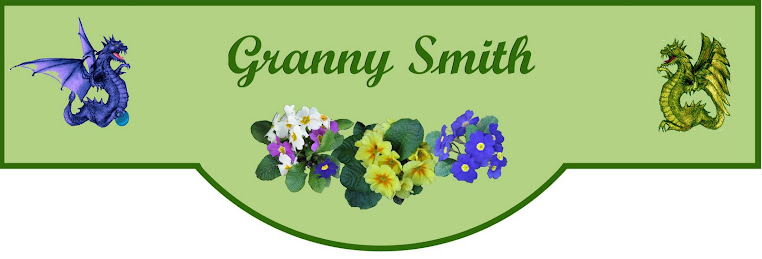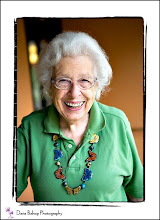
The
Sunday Scribblings prompt is
confession.
Otto and I were listening a little while ago to a discussion on TV of the controversial book called
Free Range Children. Most of the panelists argued with the author that she should not have let her nine-year-old ride alone on the New York Subway. She explained that he very much wanted to go by himself, so she and her husband prepared him well, tested his ability to read maps, gave him money to call home if there were any problems, etc..
This philosophy does not prevail in my neighborhood or city. The only time I even SEE children is when I encounter them at the library or on the lawn of the library waiting for a parent to come by with a car to ferry them home. We can drive for miles without seeing a child on his own two feet.
What I must confess is that Otto and I raised four free-range children. Our children were allowed to roam throughout the neighborhood, ride their tricycles around the block, walk the half mile to school, (they eschewed the school bus which the city provided), jump rope or roller-skate on the sidewalks, play hide-and-seek all over the neighborhood, only giving us a general idea of what they would be doing, but with certain deadlines to appear for meals or previously-made family plans.
And after Otto and I had recalled how we had dealt with our own children’s freedoms, we grew nostalgic about our own free-range childhoods.
Otto remembered catching frogs after school.
I remembered especially living in Santa Cruz, at that time a small town that always carried a faint scent of ocean, with flowers a little brighter than they ever appear inland. I was only in kindergarten when I was allowed to walk to and from school, wander up the bare hill behind our house and the few dead-end unpaved streets that intersected King Street. At the top of one of these streets I found a farm with a new best friend (even though she had a scary German shepherd). A few hundred yards up another, I found a barn with a nest of new-born kittens and was offered one as soon as they were old enough to leave their mother. My mother didn’t allow me to have pets, but when she was in the hospital giving birth to my brother, Grandma, who was caring for me, went with me to choose and bring home a small white kitten.
And after we moved from King street to Caledonia street, I, a first-grader was allowed even more freedom. My mother would have had a fit if she had seen me walking on the top of twenty-foot retaining walls above concrete yards. As a matter of fact I would have had a fit if I has seen any of my children doing it!
We moved to Stockton in the hot central valley when I was seven years old. Except for meals, none of the children spent any time in their un-airconditioned houses. During the day we played, jumped rope, romped in the lawn sprinklers, gathered in the shadowed crawl-spaces under the houses to scare ourselves with ghost stories. At dusk the big kids and the little kids and everyone between joined in games that might be one-a-cat in the street, or hide-and-seek or run-sheep-run that scattered us in all directions.
This is not one of my new poems, but I think it expresses some of the joy of the type of childhood I experienced:
RUN SHEEP RUN
Baked by summer sun, the cramped house is cocoon
whose tight walls clutch the valley heat. Now late
beyond the ordained hour of bed-at-eight,
like moth emerged to night and rising moon,
I'm freed to velvet air, allowed to play
with older children. Captains choose, and then
I pledge my fealty to a man of ten.
“One, two, three...”, and , scampering away,
I seek the darkest shadows, crouch below
a berry bush with warm, tart, berry smell,
my heart a-thump. I scan the dark, can’t tell
if slithering forms are ghost or friend or foe.
The single street lamp shivers points of light
through leaves; I shiver in delight and fear.
Aware of gravelled footsteps stealing near,
I’m drunk with peril, happiness and night.
Furtively I creep along a hedge
past feathery rows of carrots, tents of pea,
startled by window light where I can see
a neighbor. She’s oblivious of the edge
that separates her world and mine outside.
I move with stealth and joy and feral cunning.
Then, “Run sheep! Run!”, and I am off and running,
phantoms at my heels, my arms flung wide
to hug the tree trunk. Trembling. Safe. Our turn
to be the hunters. Then my mother’s call:
“Come in! Bedtime!” and I must leave it all
for lamp lit prison, sweaty sheets. I yearn
my lifelong for an hour as fierce and free
as that abandonment to jeopardy
Phyllis Sterling Smith















